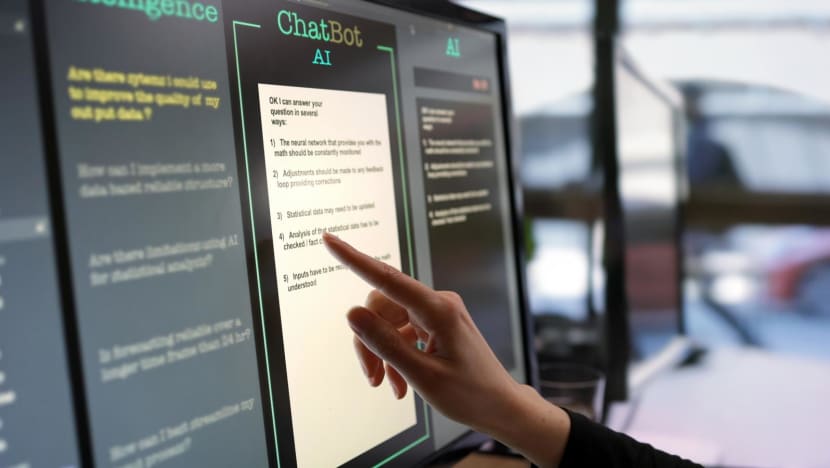Here’s an excerpt from the podcast:
Tiffany Ang:
So you were saying, Gerald, that HR has been using this (Application Tracking System) system for the longest time, right? Is it harder now in the age of AI, because we have AI tools that are available? Is it harder for people to get that foot through the door?
Gerald Tan:
I think the ATS has been in the recruitment scene for quite a long time. But I must say that not every company uses them. Usually for smaller firms, they don’t need the ATS because they can still afford to review the resumes that come, maybe they don’t get that many applications.
But for large companies or MNCs, on average, they get a few hundred applications per job. And across the organisation, thousands of jobs (are) simultaneously open, looking for people. So that’s why the ATS is brought in to fulfil that function.
With AI, I think we have seen how this ATS software is becoming more skilled in doing more. For example, they are able to source by crawling. Crawling meaning like going to LinkedIn, looking at people’s profiles, trying to see who is suitable.
Tiffany Ang:
So they act like a headhunter themselves?
Gerald Tan:
Yes. So sourcing could be done there. And of course, the sorting, after pulling out some of these profiles, they can sort to see which one is better. And they could also be integrated into initial screening. So very much those initial first calls, you might find a link from the company to say, “Can you record yourself answering some interview questions?”
Jia Hui Ong:
Yeah, I’ve experienced that.
Tiffany Ang:
You have?
Jia Hui Ong:
Yeah. I think it was a 30 to 45-minute video interview. But you are facing the camera and speaking to yourself, in a way.
Tiffany Ang:
So actually it’s AI? AI is the one that’s doing it? Okay. So how did that feel when you had to go through that?
Jia Hui Ong:
Okay, it felt awkward, right? Like looking into a camera and speaking to yourself and not facing an actual human? I feel like human-to-human interaction is a bit different from just looking at the webcam and look at yourself, talking about yourself. Yeah. So it felt a bit weird.
Gerald Tan:
Yeah, it doesn’t quite feel natural, I think. But advocates for such technology, they often say that it reduces the biases of the screening, because now you don’t just look at a person and go with a feel good vibe. Just go with whatever the person is saying.
So the algorithm is assessing for you. So it’s supposed to reduce the bias. But the truth is, the candidate is feeling very awkward. They may not perform.
Tiffany Ang:
Exactly. Because they’re not used to it.
Gerald Tan:
Yeah, correct. So it’s a bit of a chicken and egg situation here. So I think on this part about the video interviews, it’s here to stay.
So more jobseekers will need to probably be more ready or prepared to be comfortable with speaking at such interviews. There are tools of course, that can allow individuals to practise recording themselves, seeing themselves, before they attend an interview like this.

